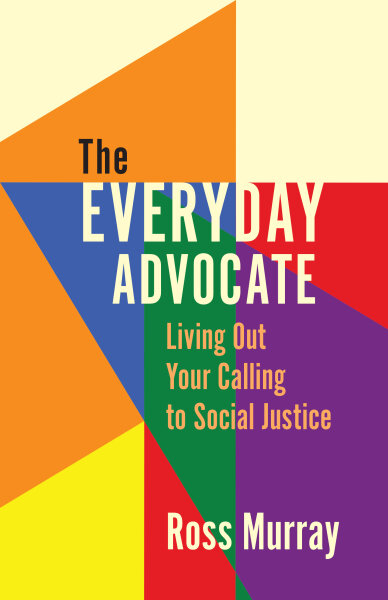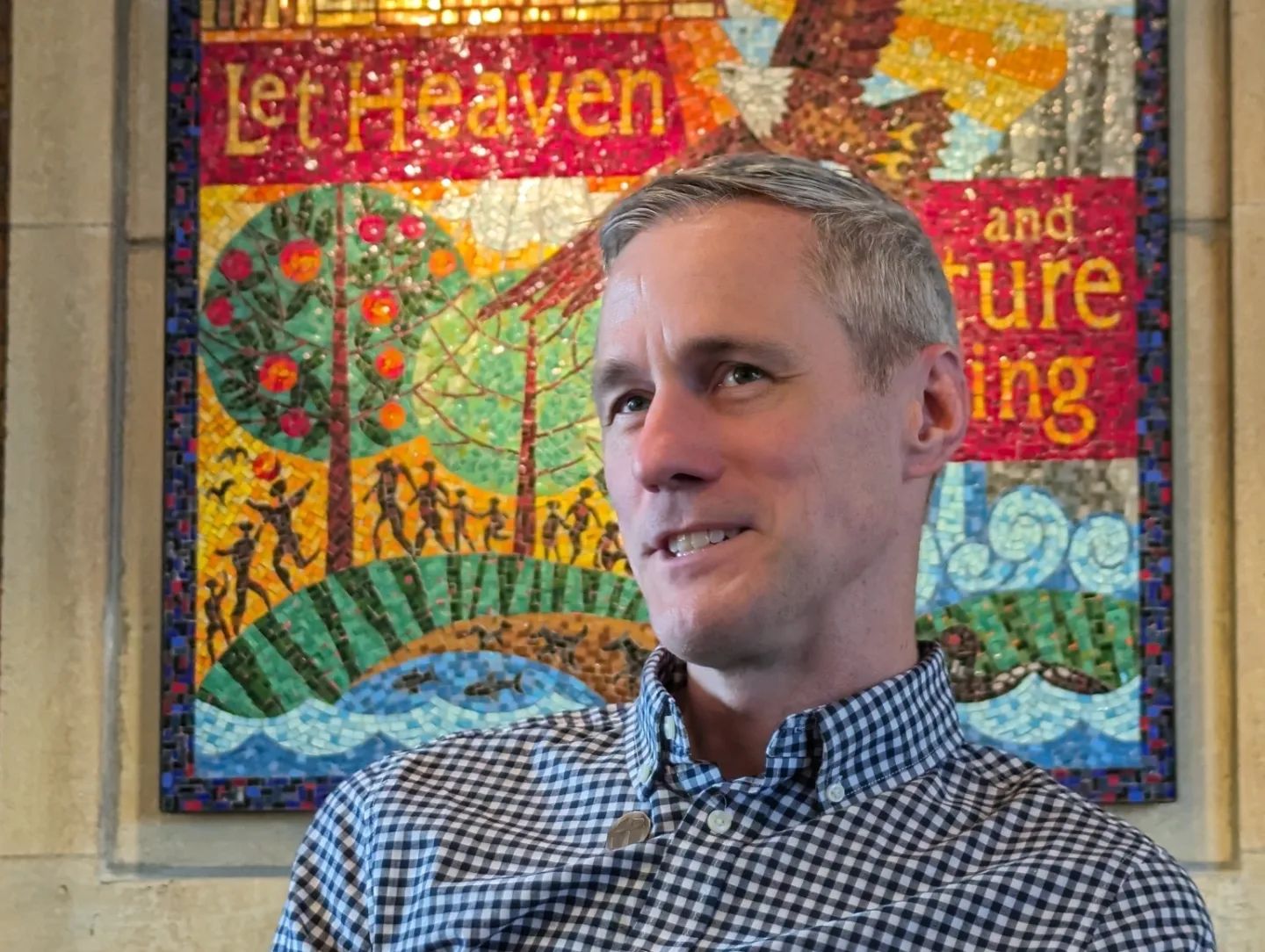“Tell me,” the poet Mary Oliver famously inquires, “what is it you plan to do with your one wild and precious life?” It’s probably the most serious question we’ll ever face.
Some find the meaning of life in advocacy and activism, striving to leave the world a better place than they found it. Christians follow Jesus, who came to “proclaim good news to the poor, liberty to the captives and recovering of sight to the blind, to set at liberty those who are oppressed, to proclaim the year of the Lord’s teaching” (Lk. 4:18-19). It’s a practical and political agenda. If Matthew 25 is true, our salvation in this life and the next depends on how we treat the hungry, the thirsty, the naked, the sick and the imprisoned.
Why, then, does advocacy on their behalf seem so complicated? In our fast-paced, media-saturated age, I’m often discouraged by the world around me. Climate change, war, authoritarianism, racism, queerphobia, poverty: the list of social ills and injustices overwhelms. What difference can I make?
The book is pragmatic to its core. Murray assumes that we already share his progressive ideals, then shows us how to turn them into reality.
In The Everyday Advocate: Living Out Your Calling to Social Justice, Ross Murray, a Lutheran deacon and vice president of the GLAAD Media Institute, provides a useful and hopeful way forward for those who want to do something. Divided into 16 chapters with a robust appendix that offers even more resources, Murray’s faith-based guide helps readers develop “a strategic mindset about how to advance justice in this world.”
The book is pragmatic to its core. Murray assumes that we already share his progressive ideals, then shows us how to turn them into reality. With decades of leadership in religious and secular LGBTQ activism, Murray is a realist, and he speaks to those who want to make real change. Chapter 6, for example, encourages advocates to craft messages based on the “openness and acceptance” of targeted audiences.
His honesty about political necessities and strategies is refreshing for those who, like me, are often caught up in theory and theology. Murray brings the Christian vocation to work for social justice down to earth, showing that there is plenty we each can do to make the Kin-dom of God more present.
Murray is a deacon in the Evangelical Lutheran Church of America, a mainline denomination that ordains women, affirms LGBTQ people and stands on the frontlines of social justice movements. Reading The Everyday Advocate, I wish there were more Catholics who, like Murray, could so easily blend their faith, ministry and unapologetic progressive politics. He refuses bothsidesism when he writes about his campaigning for the Affordable Care Act and against the wiles of the Tea Party Movement. Achieving justice is Murray’s paramount concern, not pretending that religious folks are above the political fray.
Achieving justice is Murray’s paramount concern, not pretending that religious folks are above the political fray.
Murray’s Lutheran background is the foundation for his theological imagination, which is filled with allusions to Scripture and Christian belief. Murray finds inspiration for activism in the Bible, blending stories from the ancient past with those of modern social movements. In doing so, he reminds us that the Christian faith remains relevant to today’s challenges.
In a chapter on the need for creativity in activism, he offers a reflection on Jesus’s use of miracles as a model for our own work. Faith and Scripture, he shows, can be potent tools in the hands of progressive activists, an implicit and much needed critique of social movements that eschew the power of spirituality, faith communities and religious traditions.

In many ways, Murray’s writing is a useful how-to guide for getting along with others and living a meaningful life. He teaches us about community, difference, vocation, values, creativity and faith, among countless other facets of being human. I wouldn’t think twice about assigning The Everyday Advocate to a high school class on social justice or recommending it to a family member learning about racism and sexism for the first time.
Murray’s “midwestern, ‘aw-shucks’ demeanor” makes his writing easy to digest, but he never apologizes for his principled political stands. Thankfully, he does not only focus on issues related to white, cisgender men. One of the book’s greatest strengths is that it introduces readers to a wide range of social movements, leaders and organizations with religious and secular aims.
To get the most out of The Everyday Advocate, I would offer two suggestions.
First, readers should study and reflect on it in community. Each chapter concludes with follow up questions that lead to direct action. Diving into The Everyday Advocate alone, I craved dialogue, mutual support and accountability. Had I read it with others, I would have been able to process many of the questions and feelings that came up as I worked through the text.
I wouldn’t think twice about assigning The Everyday Advocate to a high school class on social justice.
Second, read Murray’s work with just one or two social justice issues that are important to you in mind. That way, you can more realistically turn his counsel into action. If you come to the text with a blank slate and no plan, it can seem overwhelming and hard to know where to start.
The Everyday Advocate is a rich resource for any Christian who wants to leave a meaningful legacy of advocacy. For Catholic readers, the book challenges us to embrace sensible, experience-proven strategies to drive social change. When well-organized, powerful oppressors take advantage of the poor and marginalized, it is past time for us to learn how we can better follow Jesus, bringing life, liberation and God’s all-embracing love into the world.



